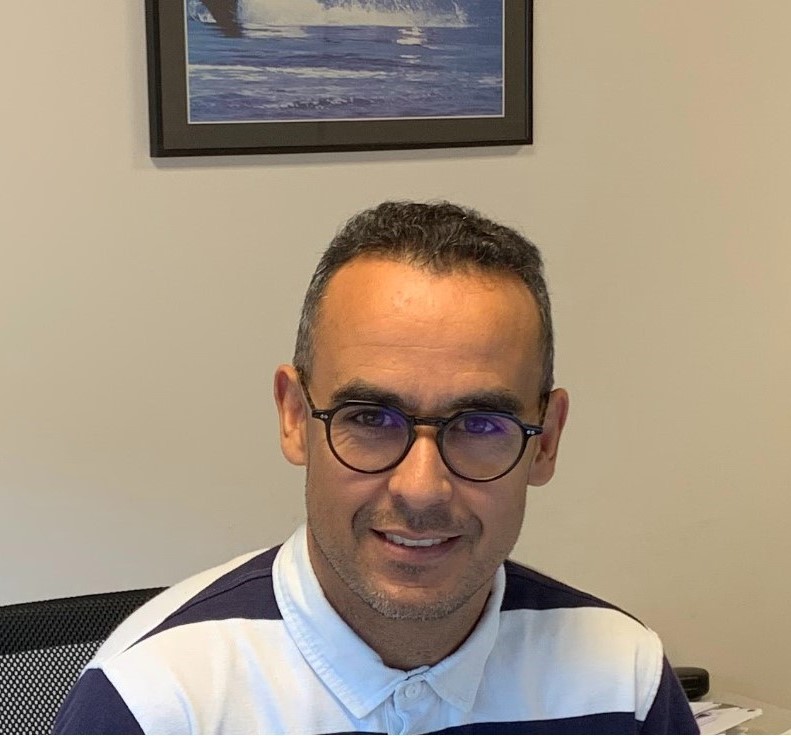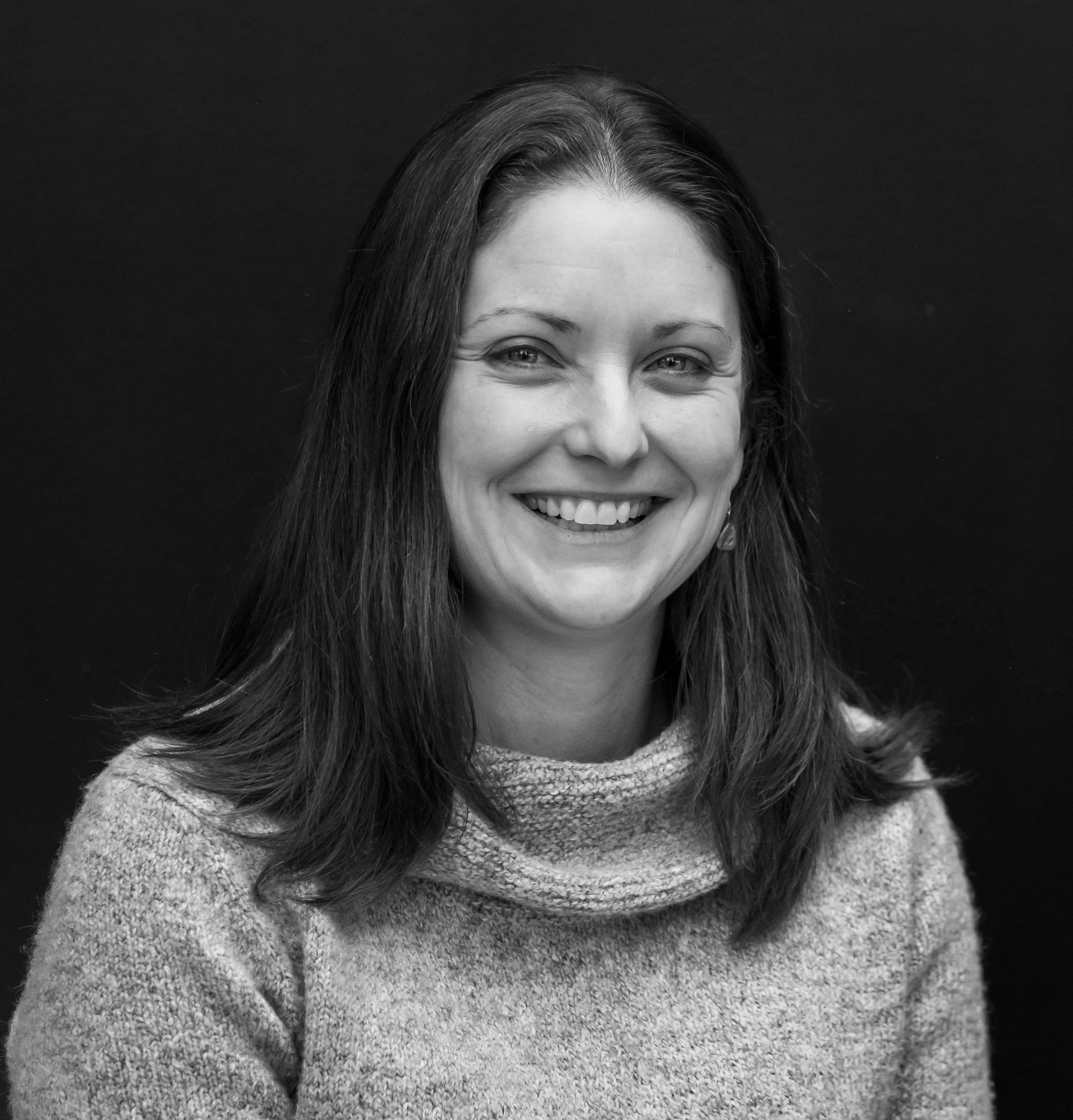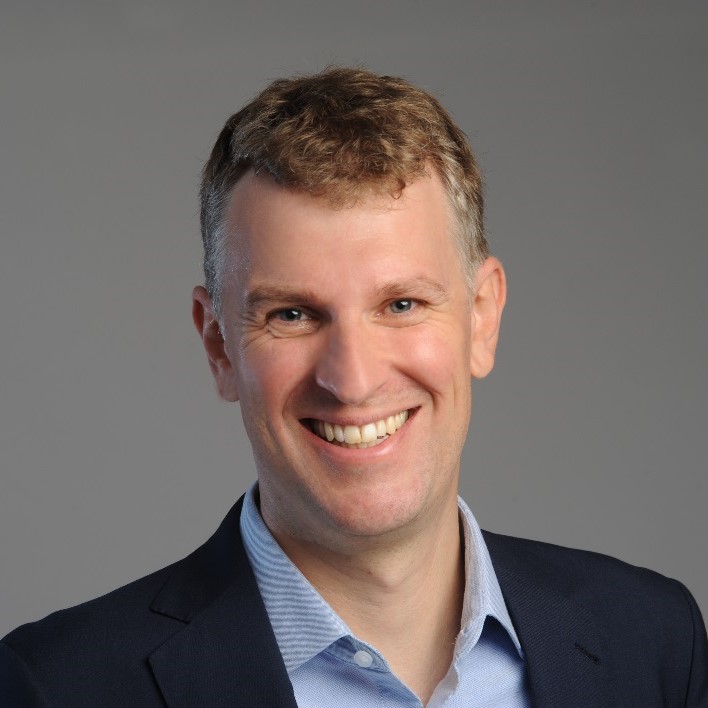New Members Join the SOOS SSC

With great pleasure we introduce our newest members to the SOOS Scientific Steering Committee (SSC). We welcome Nicole Hill, Mohamed Adjou, and Alexander Haumann, who have joined our team with their unique skills and perspectives, adding valuable contributions to our collective efforts.

Dr Mohamed Adjou is an associate professor in environmental sciences at the ISEN engineering school (Brest, France) with a dual interest in information technology and oceanography. Mohamed studied climate and oceanography at the ENSSMAL engineering school (Algeria) and at the University of Versailles (UVSQ, LSCE, France) before completing his doctorate in 2010 at the University of Brest (UBO, IUEM) studying marine biogeochemistry.
Mohamed's international experience in oceanography at the University of Copenhagen as a Postodoc (Denmark) and in marine data analysis and management at the British Oceanographic Data Centre (BODC, UK) has led him to develop expertise in the technical and scientific coordination of the management of international marine data projects in the world ocean, beyond the Southern Ocean (GEOTRACES programme).
His research interests include metadata and data analysis, with a strong focus on marine and biogeochemical research and data interoperability, in line with objectives 1 and 4 of the SOOS Science and Implementation Plan (2021-2025).

Dr Nicole Hill is a quantitative ecologist at the Institute for Marine and Antarctic Studies (IMAS) at the University of Tasmania. Nicole leads a team whose research focusses on using novel statistical methods to quantify, map and monitor marine biodiversity and how it is changing, mostly in the Southern Ocean and on the Antarctic continental shelf. She also has in interest in the application of science and how CCAMLR and other organisations can use the outputs of biodiversity modelling and monitoring research.
Nicole completed her PhD at the University of New South Wales, Australia on the comparative impacts of metal-contaminated sediments on temperature and Antarctic fauna. She then moved to Hobart taking up a postdoctoral position where she was introduced to biodiversity modelling and marine protected area monitoring to assist the Australian government manage its marine estate.
Currently, Nicole is also the a co-lead of one of the Australian Centre for Excellence in Antarctic Science (ACEAS) programs.

Dr Alex Haumann is an environmental scientist studying the polar climate of the Southern Ocean and the interaction between the ice, ocean, atmosphere, and carbon cycle.
Currently, Alex is a Research Group Leader at the Alfred Wegener Institute and a Professor at the Ludwig Maximilian University of Munich. He received his PhD from ETH Zurich in 2017 and worked at Princeton University and British Antarctic Survey as a Postdoc.
Alex studies ocean and sea ice changes in polar regions and how they are impacted by changing freshwater fluxes and stratification. In particular, he investigates how changes in this system affect the surface exchange of heat and CO2 in the Southern Ocean. Gaining a robust understanding of this process and the related uncertainties is directly relevant to constraining future global climate change, allowable CO2 emissions for a given temperature target, and related sea level rise.
Alex is currently also a member of the Southern Ocean Regional Panel (SORP) and International Association for the Physical Sciences of the Oceans (IAPSO) Early Career Scientists Committee.





